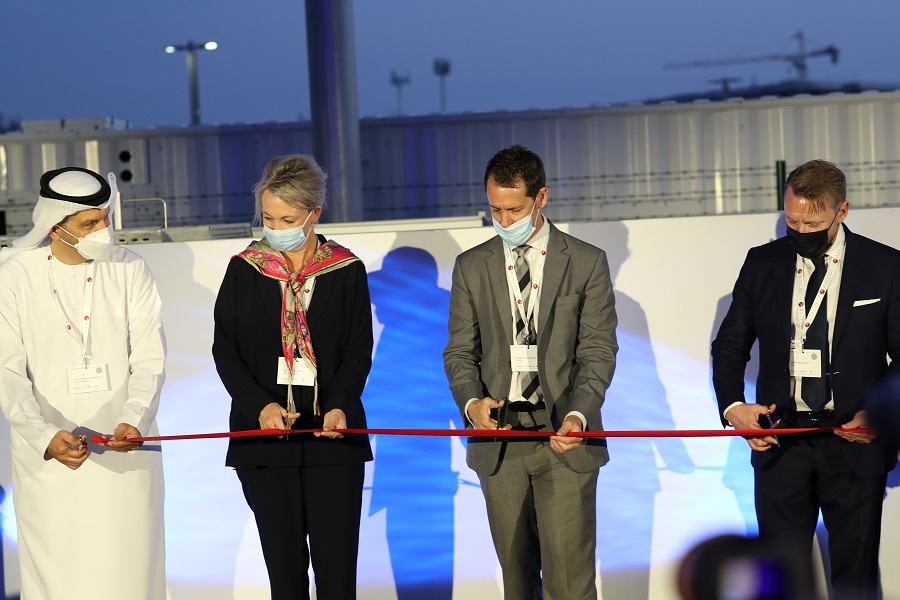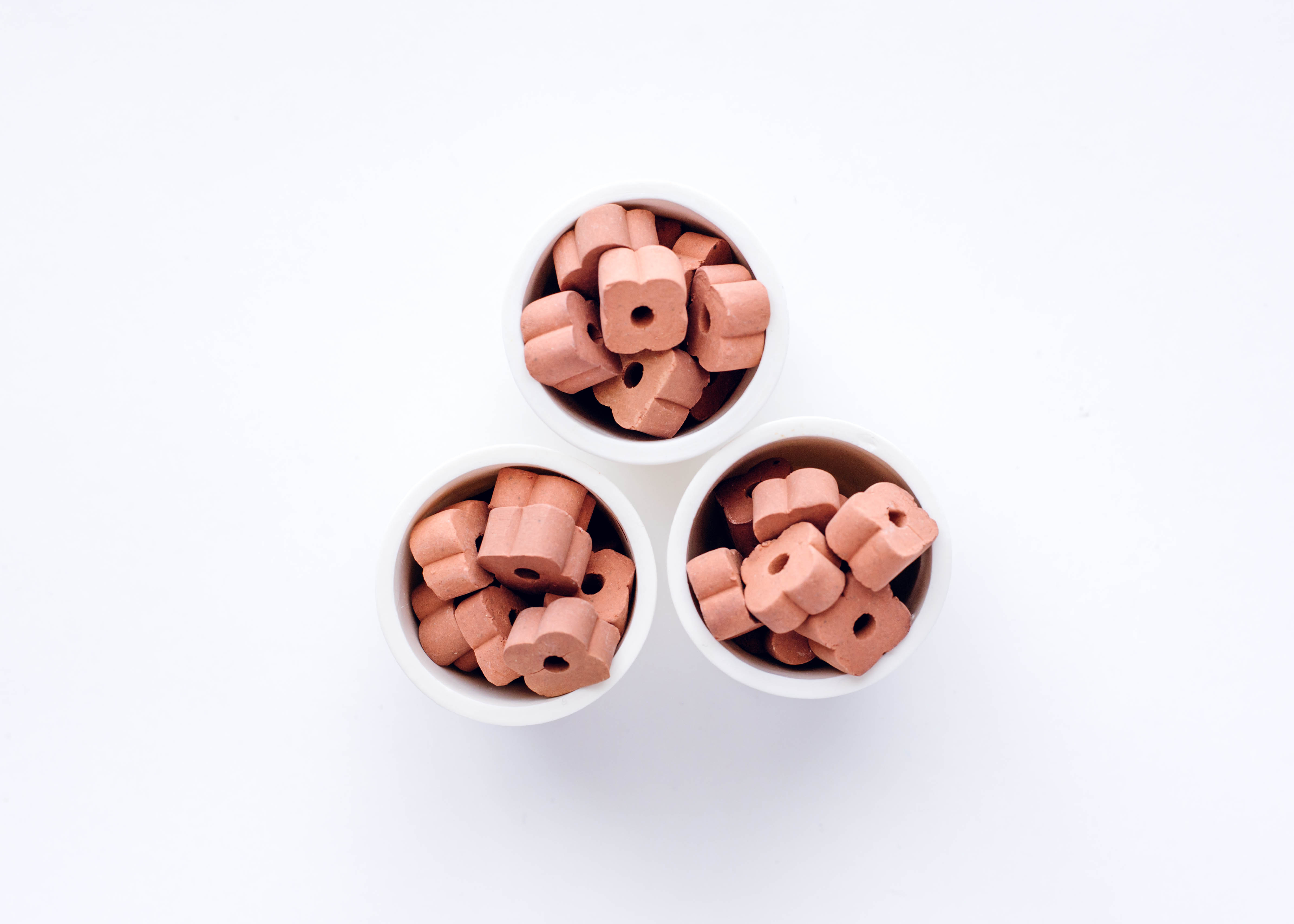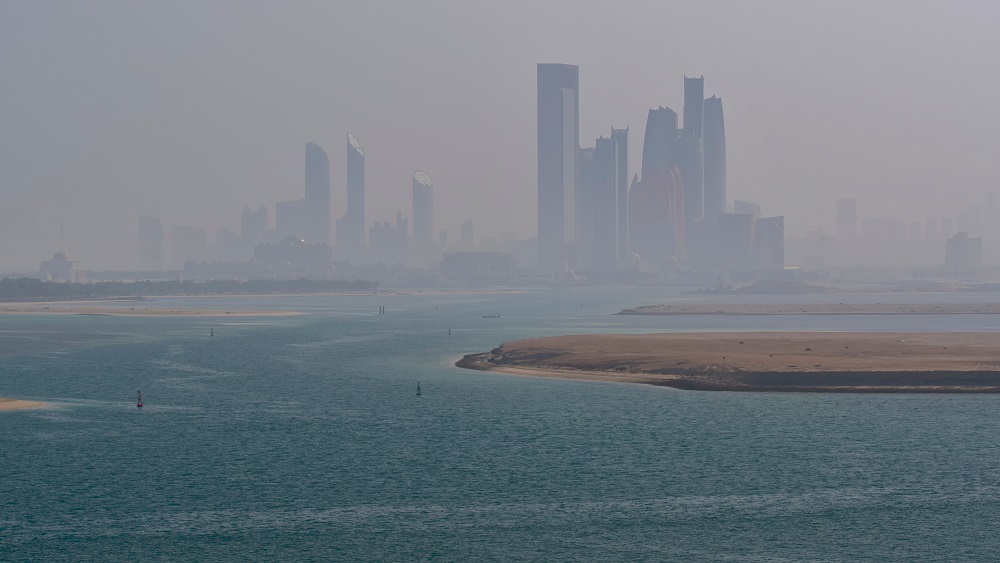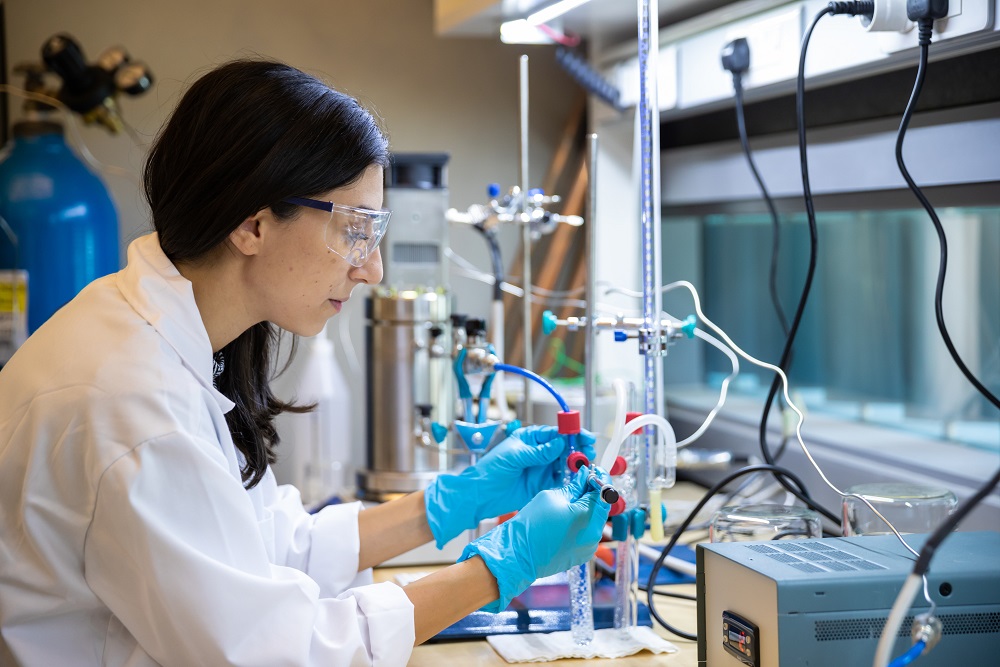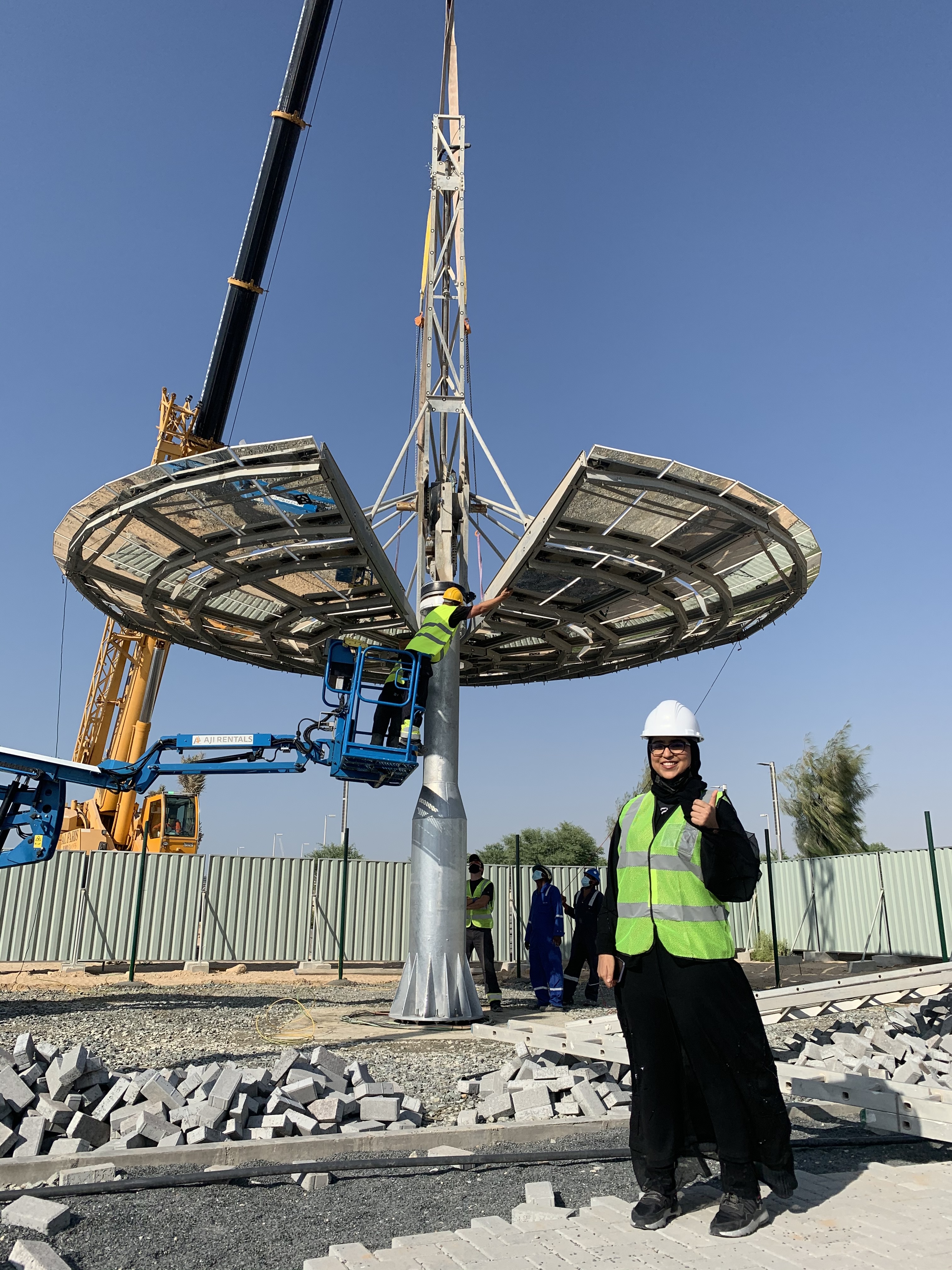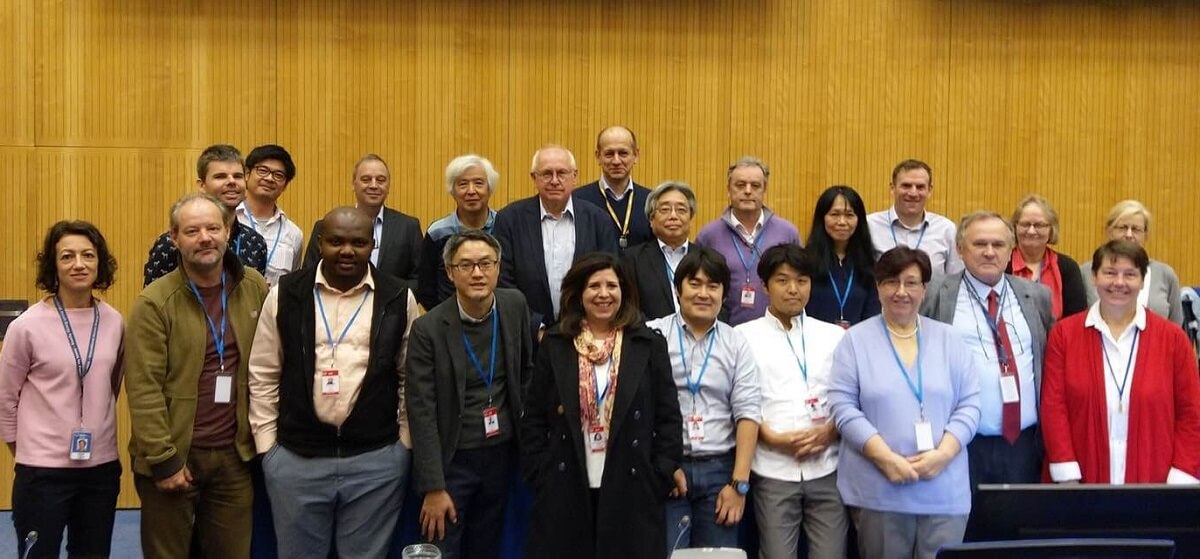
- Dr. Philip Beeley, Center Director of NTC, (second row, third from left) with members of the MODARIA II program at the Working Group 4 final meeting in Vienna in October
Over the past 15 months, Dr. Avin Pillay, Dr. Marouane Temimi, Dr. Yacine Addad, Dr. Sasi Stephen and Dr. Philip Beeley of KU’s Nuclear Technology Center (NTC) attended several working group meetings of the International Atomic Energy Agency’s (IAEA) Modelling and Data for Radiological Impact Assessment (MODARIA) II program, which ran from 2016-2019.
The MODARIA II program brought together 140 scientists, regulators, operators, and radiation protection experts from around the world to maintain and develop capabilities in radiological impact assessment through comparison and application of assessment models to real situations, and to compile, analyze and evaluate data. Models are essential tools for use in the regulatory control of nuclear facilities and activities in planned, existing and emergency exposure situations. Modelling the fate of radionuclides in the environment and assessing the resulting radiation doses to people and the environment is critically needed to support the implementation of the IAEA safety standards.
The work carried out during the MODARIA II program meetings is directly related to NTC Theme 3 — Radiation Safety in the Environment. One of the working groups specifically focused on gathering radiological data in arid regions, such as the UAE. While sufficient information about radionuclide behavior and interaction with environments in temperate regions has been published and is available, there is little information on radioecology in arid areas. In order to be prepared for the potentially damaging impact of radioactivity accidentally released into such regions, it is important to construct the radioecological knowledge about transfer and impacts of radionuclides in arid areas characterized by ecosystems and climatic conditions very specific. In addition, other working groups supported the modeling of atmospheric and aquatic dispersion of radioactive release.
Dr. Beeley, Chair and Professor of Nuclear Engineering, and Center Director of the NTC, attended the final technical meeting for the MODARIA II program in Vienna from 21-24 October 2019.
Erica Solomon
Senior Editor
20 November 2019


